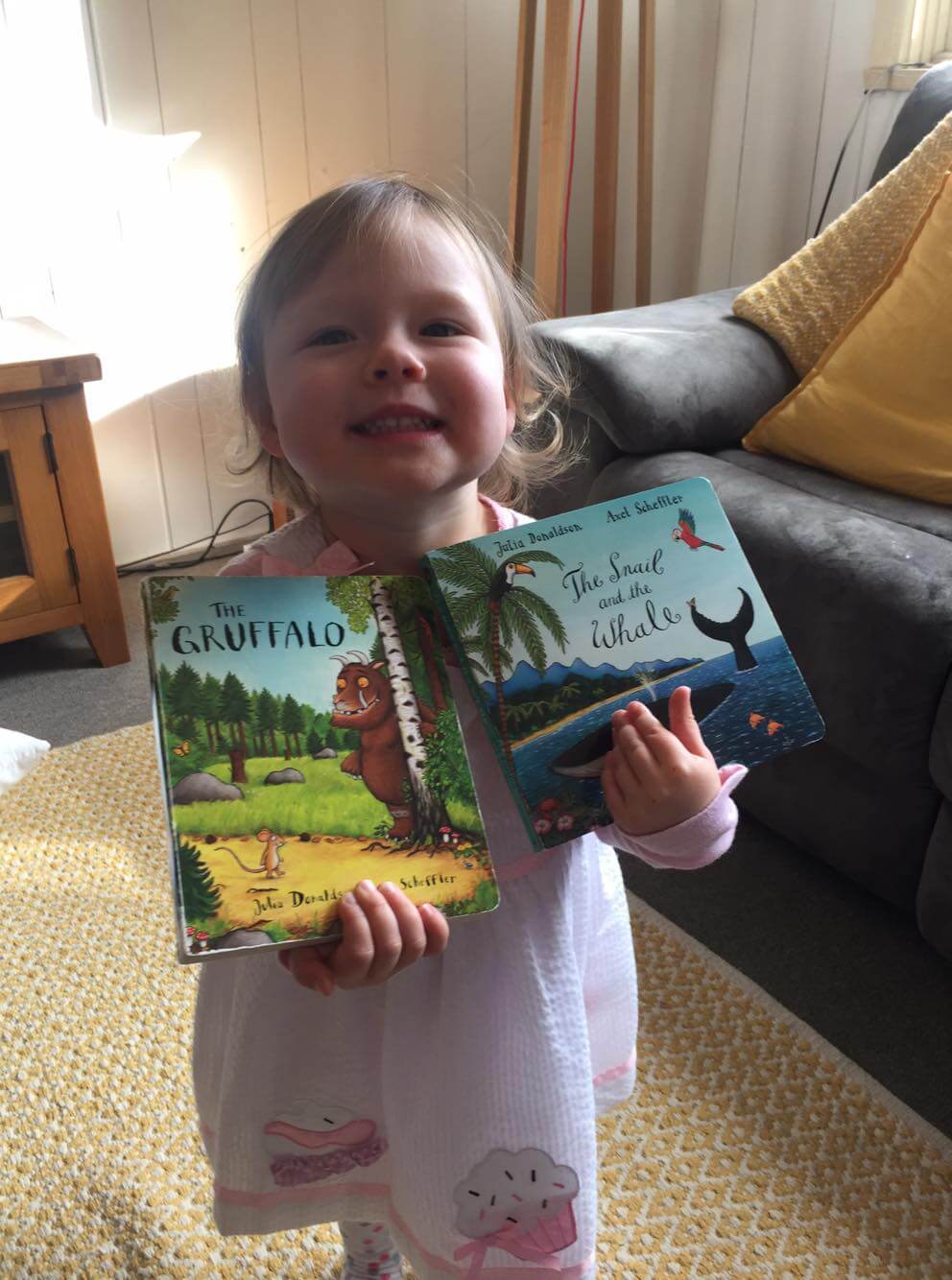For parents who have children aged 4-5 years- starting school next year is right around the corner. We are already at the end of May and the next 7 months will be here before we know it! Most schools are taking enrolments and already conducting interviews for kindy’s next year.
So how can you make sure that your child is ready for school? There are so many areas to consider: physical, emotional, behaviour, social and academic (to name a few).
One area that contributes directly with academic success is the development of PHONEMIC AWARENESS. This area comes under an umbrella of pre-literacy skills.
Phonemic Awareness is when children start to understand that words can be broken into speech sounds. This awareness is the foundation of successful reading and spelling. This awareness should start well before children even walk in to school on their first day of kindy.
“Failure to understand phonemic awareness is the primary cause of reading difficulties” (The Writing Road to Reading).
So what can you do over the next 7 months to ensure that your child develops phonemic awareness?
- First Sounds: practise listening for the first sounds in words every day. Say a word to your child and ask them to repeat the word. Then say the first sound I can hear in that word is ___. Point to your ear at the same time to emphasise you are listening.
E.g. “sun. The first sound I can hear is ssssssss. Ssssssun. Sun starts with s”. If your child starts to get good with this skill, you can ask them what other words start with ssss? (sun, sit, sand). You can try and trick them by throwing in a word that does not start with /s/.
Be careful that you don’t model the letter name, but you model the sound you can hear. That is the number one mistake parents make- they highlight letter names over sounds.
NOTE: if your child says the word incorrectly, e.g. you say “sun” and they say “dun”, please contact speech pathology ASAP. Phonemic Awareness development also depends on producing clear sounds. It is in a child’s best interest that all their speech sounds are clear before they start school.
- Rhyming: practise listening and modelling words that sounds the same. Words that rhyme have the same sounds at the end e.g. make/take. Books are a great way to expose children to rhyming words in a fun activity. Books like Dr Suess are excellent and very repetitive.
- Syllables: a syllable is a part or chunk of a word e.g. appleà ap ple, tableà ta ble. Practise breaking words into parts. You can do this by clapping, stomping your feet or tapping a table. Using musical instruments is a great way to also help your child hear beats/ syllables as well.
Research states that there is a direct correlation between a child’s ability to say all the syllables in a word and success with spelling. If you model a word and your child repeats back the word incorrectly (e.g. bananaà nana, tomatoà mato), contact a speech therapist ASAP.
- Last sounds: if your child can hear the first sounds in words, start to teach them to listen for the last sound in a word. Ask them, what is the last sound in this word? Or the last sound you can hear me saying? E.g. Roof. Highlight the sound at the end to see if they can hear it.
- Blending: practise putting sounds together to make words. This skill is extremely important for reading. You can say to your child the sounds; d, o, g- what word can you hear me saying? Give your child the answer and say dog. Put dog in a sentence e.g. the dog is barking. You will have to model this for your child many times.
Point out all different words when you are playing, driving, bathing, toileting, cooking, gardening etc. Start to do it in everyday activities, so that it becomes natural for your child and a part of routine. Before you know it, your child will be telling you McDonalds starts with mmmm etc.
It is important to note that these activities can (and are strongly encouraged) be done when they start school next year. Incorporate phonemic awareness into readers and writing. Sound out sight words, rather than just memorise them.
Remember to use games and words that your child is interested in, to make it fun and engaging! Children learn through having fun!


